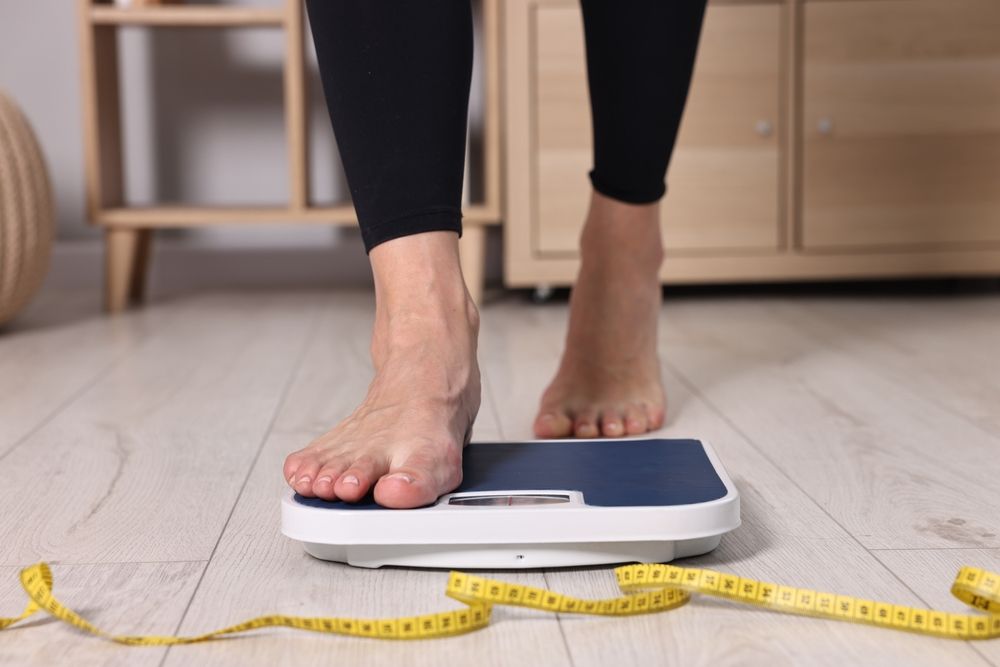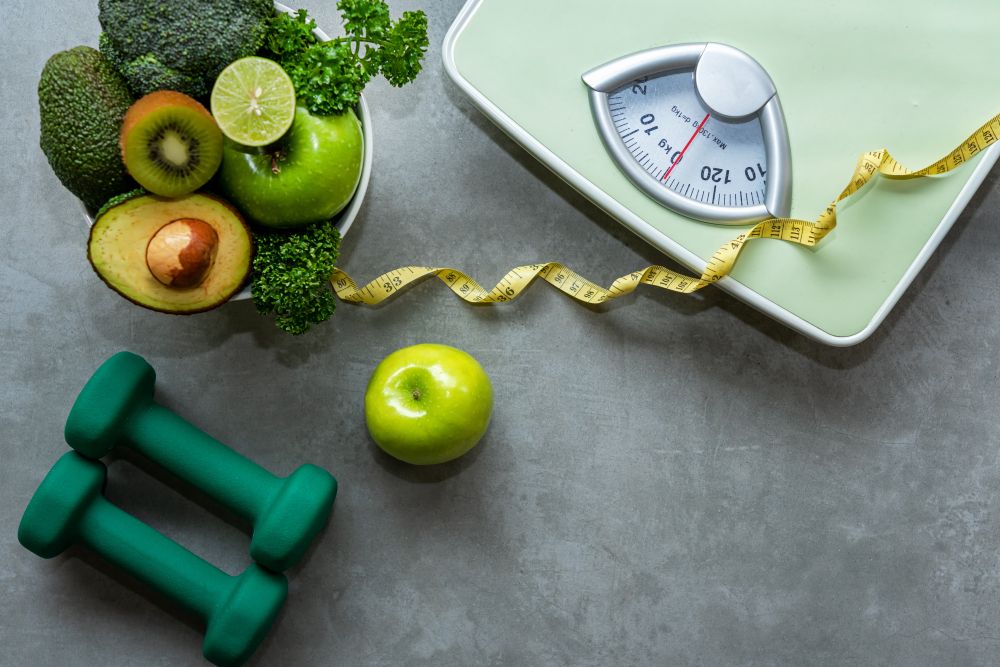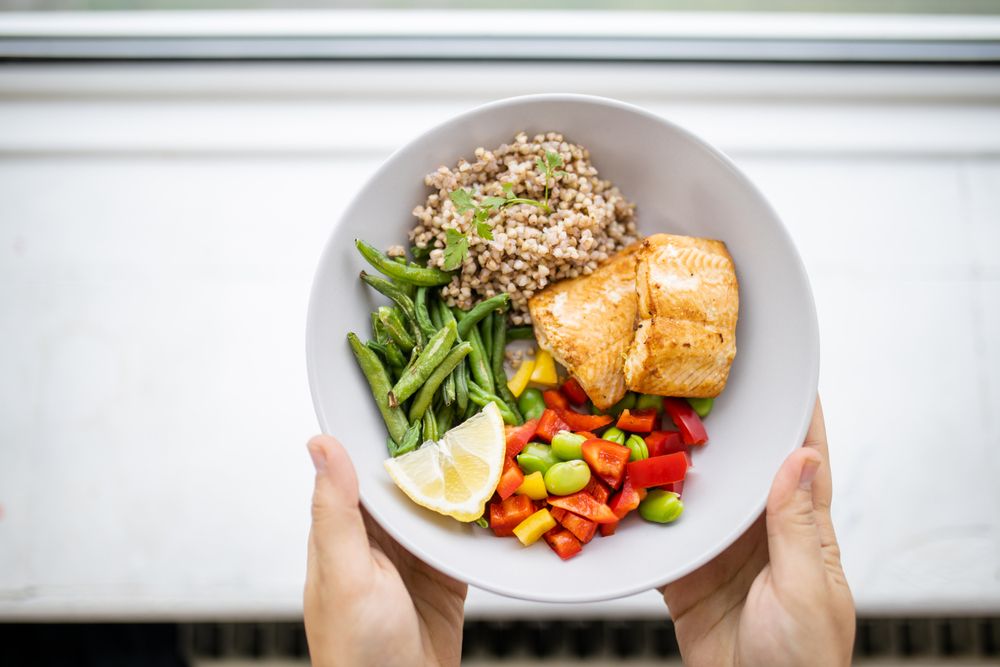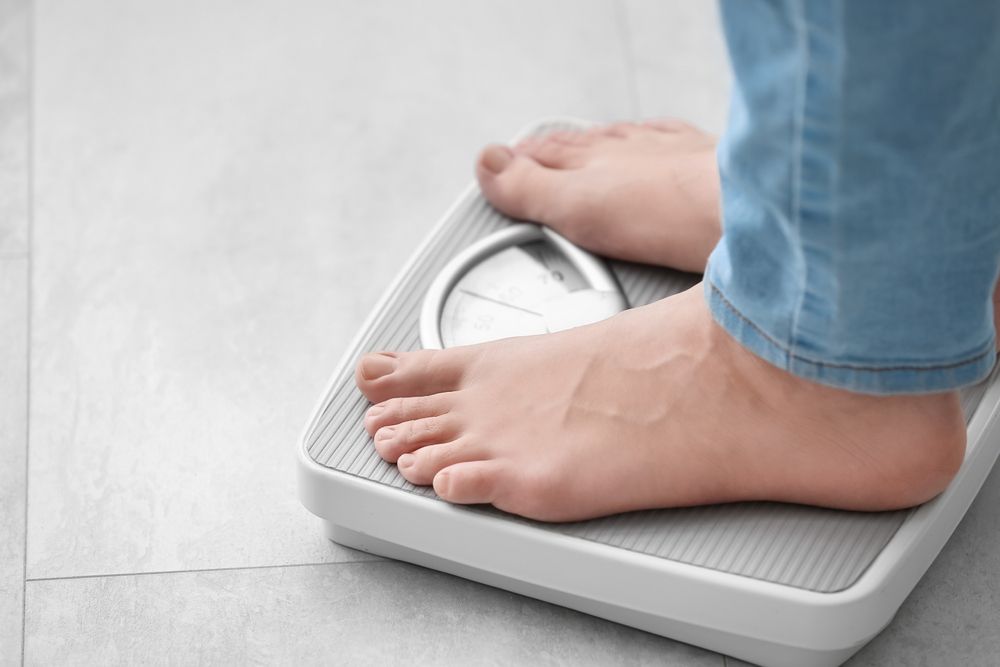
We’ve all felt the urgency to see quick results when working toward health and fitness goals—whether it’s preparing for a vacation, celebrating a milestone, or simply wanting to feel stronger and more confident. That desire for noticeable, rapid change is something many of us can relate to.
Hi, I’m Avery Zenker, a Registered Dietitian and Nutritionist dedicated to helping people achieve healthier, more balanced lives. While the allure of quick transformations is understandable, I’m committed to sharing safe, evidence-based strategies that prioritize both your physical health and mental well-being. In this article, we’ll explore what’s realistically achievable for fat loss in a short timeframe and dive into practical, sustainable tips to help you make smart, informed choices.
Understanding Body Fat and Its Impact

Body fat percentage offers a more accurate assessment of health risks than BMI, as it differentiates between fat and lean mass, such as muscle and bone. Excess visceral fat—stored around your organs—can elevate the risk of heart disease, diabetes, and other chronic conditions. On the other hand, having too little body fat can lead to hormonal imbalances, weakened immunity, and reproductive issues.
Rapid changes in body fat percentage over a week are often due to shifts in water retention or glycogen stores rather than true fat loss. While quick changes are achievable, they require careful planning to prevent muscle loss, dehydration, or nutrient deficiencies, ensuring your health remains a priority.
The Right Way to Approach Fat Loss

If your goal is to reduce body fat quickly, your first focus should be your diet. A moderate calorie deficit—eating fewer calories than you burn—is essential, but steer clear of extreme restrictions that can rob your body of vital nutrients. Prioritize nutrient-dense foods like lean proteins, whole grains, and plenty of vegetables. Protein is especially critical for preserving muscle mass, which supports metabolism and overall health.
Exercise is just as important. Cardiovascular activities, such as jogging or cycling, boost calorie burn, while strength training ensures that the weight you lose comes from fat, not muscle. Combining both forms of exercise can accelerate your progress and lead to more sustainable results.
Hydration and sleep also play vital roles. Drinking enough water helps prevent dehydration, which can sometimes be mistaken for hunger, while proper sleep regulates appetite-controlling hormones. Poor sleep not only disrupts these hormones but also saps your energy, making it harder to stay active and stick to healthy eating habits.
Safe Ways to Reduce Your Body Fat

What Are Safe Practices for Reducing Body Fat Percentage Quickly?
Reducing body fat percentage rapidly requires caution and careful planning. Athletes in sports like bodybuilding or weight-class competitions often achieve quick fat loss, but they do so under professional supervision to minimize risks.
Key Considerations:
- Prioritize Rest and Recovery: Ensure sufficient sleep, manage stress levels, and avoid overtraining to support overall health and performance.
- Strength Training: Maintain and build lean muscle mass, which is crucial for metabolism and preventing muscle loss during fat reduction.
- Nutrient-Dense Foods: Include plenty of vitamins, minerals, fiber, and protein in your diet to support energy levels and overall well-being.
- Protein Intake: A high-protein diet helps preserve lean body mass and supports fat loss by promoting satiety and muscle maintenance.
Diet Adjustments for Safety:
- Moderate Calorie Deficit: Aim for a sustainable reduction in calorie intake to promote fat loss without triggering extreme hunger or nutrient deficiencies.
- Macronutrient Balance: Focus on adequate protein intake to preserve muscle, alongside healthy fats and complex carbohydrates for sustained energy.
- Mindful Eating: Pay attention to hunger and fullness cues, and avoid distractions during meals to develop healthier eating habits.
By integrating these practices, you can safely and effectively work toward reducing body fat while protecting your health and maintaining long-term progress.
Why Sleep and Water Are Your Fat Loss Allies

How Do Hydration and Sleep Impact Body Fat Loss?
Sleep: Sleep plays a critical role in regulating hormones that influence hunger and satiety. Poor sleep increases ghrelin, the hormone that stimulates appetite, and decreases leptin, the hormone that signals fullness. This imbalance can lead to overeating and reduced energy expenditure, making fat loss more challenging.
Hydration: Staying hydrated helps regulate appetite and supports essential metabolic processes. Dehydration can slow your metabolism, hinder fat loss, and decrease physical performance. Proper hydration enhances calorie-burning workouts and daily activity levels.
Immediate Benefits: While improved sleep and hydration may not result in immediate visible changes to body fat, they can significantly boost energy levels, enhance exercise performance, and increase daily activity—key contributors to long-term fat loss success.
Best Exercises to Boost Your Fat Loss

What Types of Exercises Are Most Effective for Quick Fat Loss?
A balanced combination of cardiovascular exercise and strength training is the most effective approach for rapid fat loss.
Cardiovascular Exercise: Activities like running, cycling, or swimming increase calorie burn and improve heart health, contributing to a higher daily energy expenditure.
Strength Training: Resistance exercises help preserve or build muscle mass, ensuring the weight lost comes primarily from fat rather than muscle, which is essential for maintaining metabolism.
Personalized Programs: Collaborating with a fitness professional can help you create a tailored exercise plan that aligns with your specific goals, fitness level, and abilities, maximizing both safety and effectiveness.
What to Eat (and Avoid) for Fat Loss

What nutritional strategies and supplements support fat loss?
- Focus on nutrient-dense foods.
- Ensure adequate protein to preserve muscle mass.
- Fiber intake supports satiety and gut health.
- Supplements: Creatine can enhance gym performance but does not directly cause fat loss. Multivitamins may help address potential micronutrient gaps but should be taken responsibly.
What to Avoid:
- Excess caffeine intake (limit to 400mg/day).
- Ultra-processed foods low in nutrients and high in calories.
- Alcohol: Excess consumption can contribute to fat gain and nutrient depletion.
Set Your Fat Loss Goals the Right Way

What Are Realistic Expectations for Body Fat Loss in a Week?
While significant body fat changes take time, a loss of 0.5% to 1% of body fat per month is typical. In terms of weight, losing 0.5 to 2 pounds per week is achievable, though this may include water or muscle loss alongside fat.
Tips for Setting Achievable Goals:
- Define Clear, Measurable Goals: Set specific objectives, such as improving strength, endurance, or daily activity levels.
- Track Progress Beyond the Scale: Monitor changes in energy levels, sleep quality, and physical performance to get a fuller picture of your progress.
- Celebrate Non-Scale Victories: Acknowledge achievements like increased stamina, better food choices, or improved mood to stay motivated.
Protect Your Health During Fat Loss
What are the risks of trying to lose body fat too quickly?
- Malnutrition: Due to insufficient nutrient intake.
- Muscle loss: Reducing muscle mass can slow metabolism.
- Dehydration: Especially from excessive water loss.
- Electrolyte imbalances: Can affect heart function and fluid balance.
- Psychological impact: May foster an unhealthy relationship with food.
Mitigation Strategies:
- Avoid very low-calorie diets (<800 calories/day).
- Include strength training and protein-rich foods.
- Stay hydrated and ensure electrolyte balance.
- Prioritize mental health and seek professional guidance when needed.
Keep Your Mind Healthy While Losing Fat

How Can the Pursuit of Quick Fat Loss Impact Mental Health and Body Image?
Chasing rapid fat loss can sometimes lead to unrealistic expectations, resulting in feelings of frustration or failure. Over-focusing on numbers rather than overall well-being may also increase the risk of disordered eating habits or body dysmorphia.
Strategies for a Healthy Perspective:
- Set SMART Goals: Define objectives that are Specific, Measurable, Achievable, Relevant, and Timely to stay realistic and focused.
- Celebrate Holistic Progress: Acknowledge improvements in strength, energy levels, mood, and sleep quality, rather than just physical changes.
- Practice Mindful and Intuitive Eating: Listen to your body’s hunger and fullness cues and enjoy meals without judgment or distraction.
- Limit Unrealistic Media Influences: Reduce exposure to social media portrayals that promote unattainable body ideals.
- Find Supportive Communities: Surround yourself with positive, health-focused individuals or groups who encourage balance and self-care.
When to Get Professional Help

When Should Someone Seek Professional Advice?
If you have pre-existing health conditions, a history of disordered eating, or are pregnant, it’s essential to consult a professional before pursuing fat loss goals.
Role of Professionals:
- Registered Dietitians: Create personalized nutrition plans tailored to your health needs and goals.
- Certified Trainers: Design safe and effective exercise routines that align with your fitness level and objectives.
- Medical Professionals: Monitor your overall health, address any underlying conditions, and ensure your approach is safe and sustainable.
Make Your Fat Loss Last

How Can Individuals Transition From Quick Fat Loss Efforts to Long-Term Management?
To shift from short-term fat loss to sustainable fat management, focus on building consistent, healthy habits:
- Emphasize Sustainable Practices: Prioritize balanced meals, regular physical activity, and routines that fit into your lifestyle.
- Adopt Intuitive Eating: Listen to your body’s hunger and fullness cues to foster a healthier relationship with food.
- Adapt to Life Changes: Modify your health strategies as your circumstances evolve, ensuring they remain practical and effective.
- Consistency Over Perfection: Gradual, consistent changes lay the foundation for lasting habits and support long-term health without the pressure of perfection.
Put Your Health First

Prioritizing Health for Sustainable Fat Loss
Focusing on health and sustainability ensures that weight loss efforts enhance long-term well-being rather than compromise it. Building habits like balanced nutrition, enjoyable physical activity, and adequate rest creates meaningful, lasting results.
Final Advice: Define your "why" for fat loss—whether it’s improved energy, health, or confidence—and align your actions with that purpose. By prioritizing overall health and longevity over quick fixes, you’ll not only achieve body composition goals but also cultivate a more fulfilling and balanced lifestyle.

